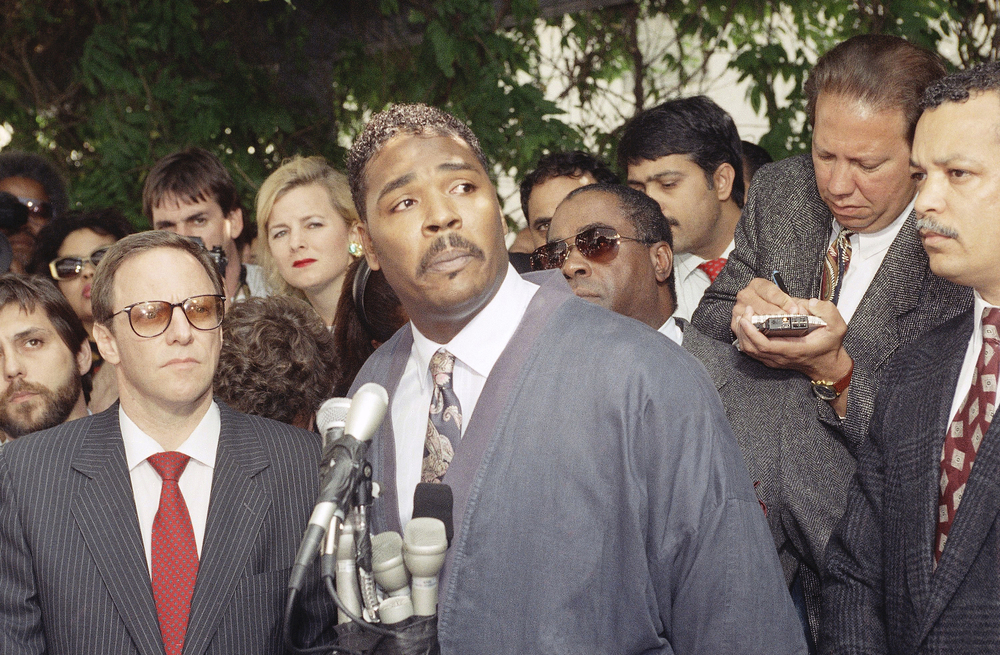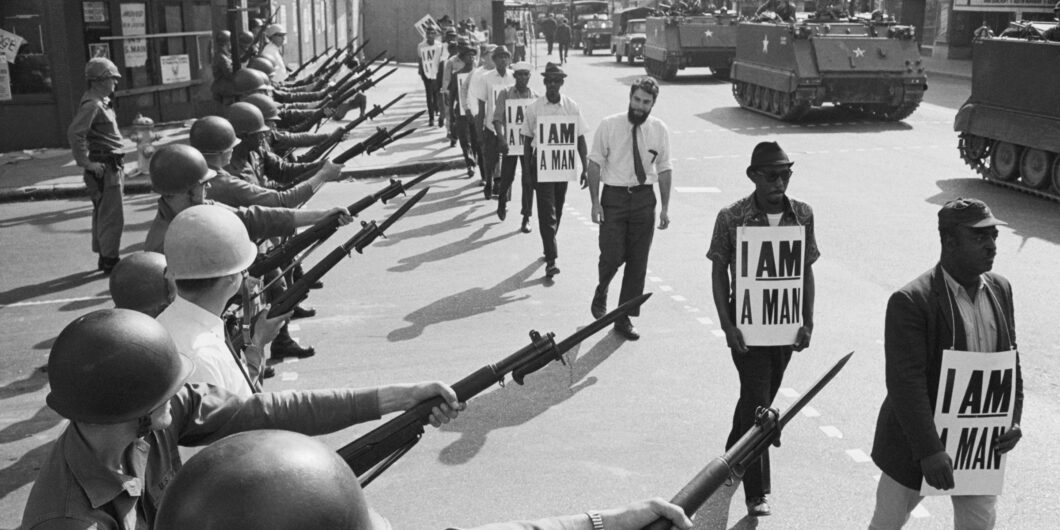- BlackVoter.Org
- Posts
- BlackVoter.Org
BlackVoter.Org


In "Mother Emanuel: Two Centuries of Race, Resistance, and Forgiveness in One Charleston Church," author Kevin Sack delves into the complex themes of forgiveness and resilience following the tragic 2015 shooting at Mother Emanuel AME Church. Drawing from his decades of reporting on Black churches, Sack aims to capture the church's rich history beyond the horrors of that fateful night, showcasing its significant role in the struggle for racial equality.
Through extensive interviews with survivors and members, Sack reveals that the act of forgiveness expressed by the victims' families served as more than just a release for the perpetrator; it was a reclamation of agency and power amid ongoing racial tensions. The book explores the church's challenges, including declining membership and gentrification, while depicting the dedication of its community to heritage, healing, and hope for the future in an evolving societal landscape.

In the aftermath of the Dobbs v. Jackson Women’s Health Organization decision, which allowed states to impose severe abortion restrictions, healthcare access has become increasingly precarious, especially in states like Alabama.
Dr. Leah Torres, an OB-GYN who transitioned from traditional hospital care to working with the nonprofit Yellowhammer Fund, now navigates a landscape riddled with obstacles.
As she recounts her journey of becoming a traveling abortion provider, she highlights the dire situations faced by women too terrified to seek essential healthcare in their home states. With many states enforcing strict reporting requirements and punitive measures against providers, Dr.
Torres emphasizes the courage of those striving to offer care amidst chaos. The challenges are profound, but her commitment to providing reproductive healthcare shines through, embodying resilience and advocacy in a system designed to restrict choice.

Rodney King became a pivotal figure in the fight against police brutality after a shocking incident on March 3, 1991, when he was brutally beaten by Los Angeles police. Captured on video, this assault laid bare the systemic racism ingrained in law enforcement and ignited the L.
A. riots of 1992, marking a significant moment in civil rights history.
Born into poverty and struggling with personal demons, King’s traumatic experiences resonated beyond his life. His plea for peace, “Can we all get along?” became an anthem for unity amid chaos.
Despite receiving a financial settlement and a later partial legal victory against the officers involved, King’s life remained tumultuous, culminating in his tragic death in 2012. His story highlights the enduring struggle for justice and the importance of bearing witness to abuse, leaving a legacy that reverberates in contemporary movements for racial equality and social justice.

In "The Classical Liberal Foundation of Civil Rights," David Lewis Schaefer reviews Jonathan Bean’s enlightening work, "Race and Liberty," which reexamines the often distorted relationship between civil rights movements and classical liberalism in America. Bean argues that classical liberal principles—rooted in the ideas of the American Founders—have significantly advanced civil rights by championing individual rights and colorblind policies, contrary to the contemporary narrative that portrays classical liberals as obstructive.
The book features a trove of documents and speeches from figures like Frederick Douglass and Barry Goldwater, illustrating their commitment to equality and the fight against discrimination. Schaefer highlights Bean's assertion that today’s racial politics often misinterpret classical liberalism's core values, shifting the focus from individuals to group rights.
By showcasing the foundational role of classical liberalism in shaping civil rights, Bean's work reaffirms the enduring significance of equality and individual rights in American history.

In a striking exploration of the disturbing rise of politically motivated violence in the U.S.
, Johns Hopkins political scientist Lilliana Mason sheds light on the alarming correlation between violent rhetoric and deteriorating democratic norms. From a tragic shooting targeting Minnesota lawmakers to escalating threats against public officials, Mason highlights how such violence erodes trust in democracy and discourages diverse participation in politics—especially for women and people of color.
She points out that as partisan animosity grows and inflammatory language becomes normalized, even well-meaning citizens may shy away from political engagement. Mason advocates for a shift towards responsible leadership and a collective commitment to rejecting violence in political discourse.
It's a challenging road ahead, but individual initiatives and community discussions can help restore mutual respect and reaffirm the values that uphold democracy. The future of American politics hinges on our ability to reclaim civility and foster a shared sense of humanity amid deep divisions.